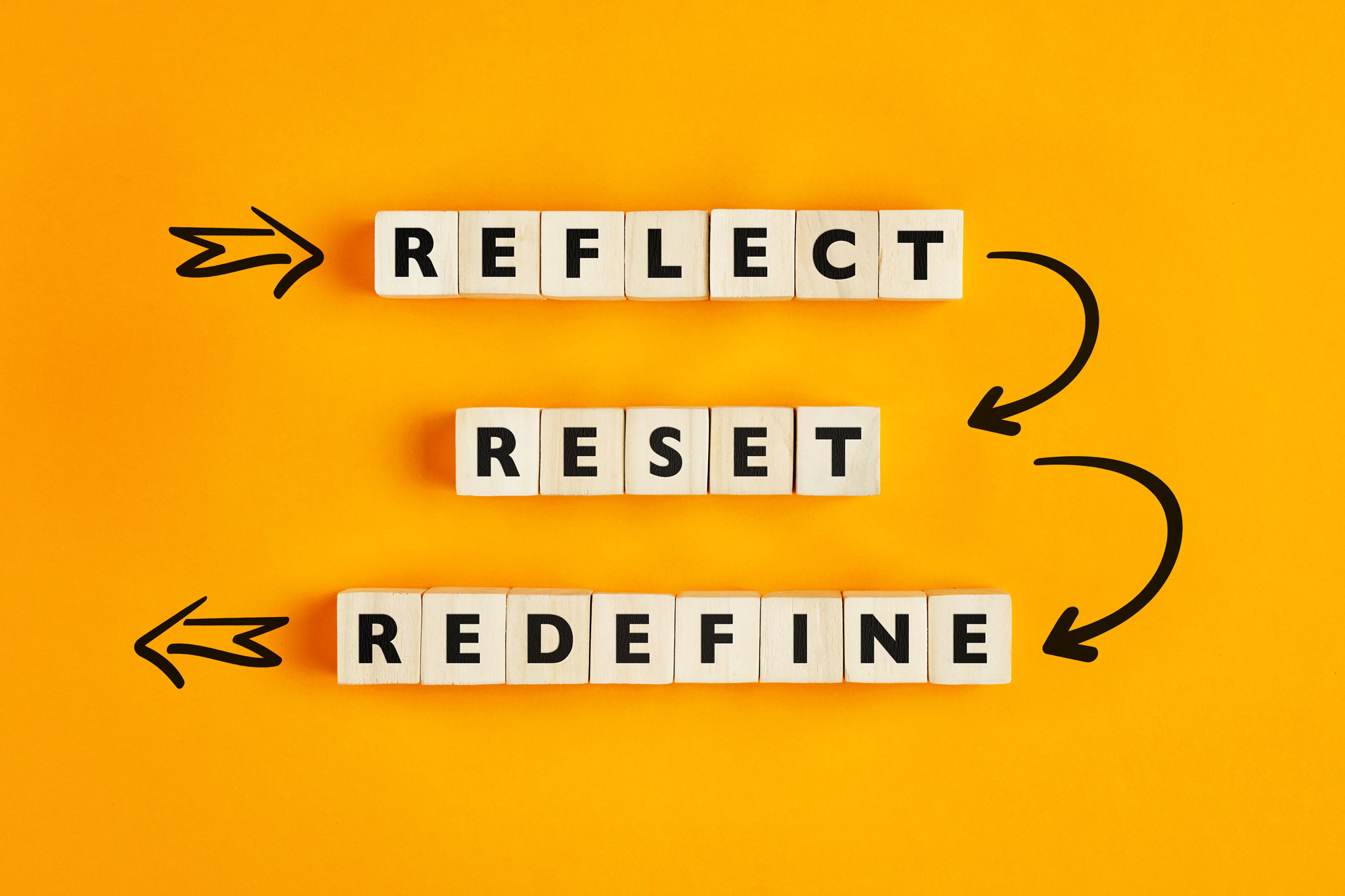When financial models and giant institutions are falling all around us, who can we trust? Our friends of course. This may sound obvious, but in the new network-based reality in which we have been brutally sentenced to freedom, we have to cope by ourselves and put our trust in those who care about us, our nearest and dearest. But the word friend now has a completely different meaning. Gone are the blood relationships and grumpy neighbours. With a global super search engine in every living room, a new relationship is never far away, somebody who shares your interests, your education and who needs your specialist help.
In Silicon Valley, they have not surprisingly noticed how new and, above all, many relationships have redrawn the map for career steps and personal development. Fortune Magazine tells us how a whole new troika of decision-makers has taken over at the top of some of the world’s most influential companies. A trio of hungry, aware and influential — women. Here we can follow The New Valley Girls in the shape of Ning’s Gina Bianchini, Google’s Sukhinder Singh Cassidy, and Facebook’s Sheryl Sandberg.
We are heading towards a new dawn in leaps and bounds, a place with no room for backslapping and false loyalties, an age where fancy goes before duty and passion before prestige. A time when language of force emanating from military-like management courses gives way to a mutual dialogue with a common vision as its platform. What you have done and the education you have is no longer as relevant as who you know and how quickly you can complete your task, or, to quote Fortune’s Patricia Sellers: “Via Facebook and LinkedIn and Twitter, these women trade tips constantly.”
Our meetings also get a real dose of this new reality. Fascistoid agendas with the aim of getting delegates to quickly chorus ‘yes please, amen’ in unison have been replaced by a range of unexpected meeting forms to which everybody naturally contributes. The Open Space, Twitter, Wikis and Open Source platforms put each individual delegate into focus. There is a level playing field and the agenda is set by the discussions that arise where the only guidelines are the start, the finish and the summing-up.
A recent survey conducted by IBM shows that companies of the future will be smaller and will act more rapidly through virtual environments similar to today’s online multiplayer games (MMORPGs). Researchers found that in this environment mistakes were more acceptable and that leaders were selected through a democratic process where knowledge was more important than status. They drew the conclusion that the future workplace will become more like today’s game, where the borders between play and work are erased in an effort to make work a pure pleasure.
In his latest book Tribes, Seth Godin, American author, entrepreneur and agent of change, says: “We need you to lead us”, that companies have to stop focusing on increased profit margins and instead do everything in their power to enrich the lives of their consumers. Traditional ways of reaching out with their message are disappearing and the focus is on getting their existing customers to reach out with the message instead. Also, organisations have to stop using methods based on convincing and instead work hard to become trustworthy and respected leaders.
We have waited a long time, but we are at last entering an age where expertise goes before rank and people’s passion and inspiration are prerequisites for success. The age of Humanomics.



